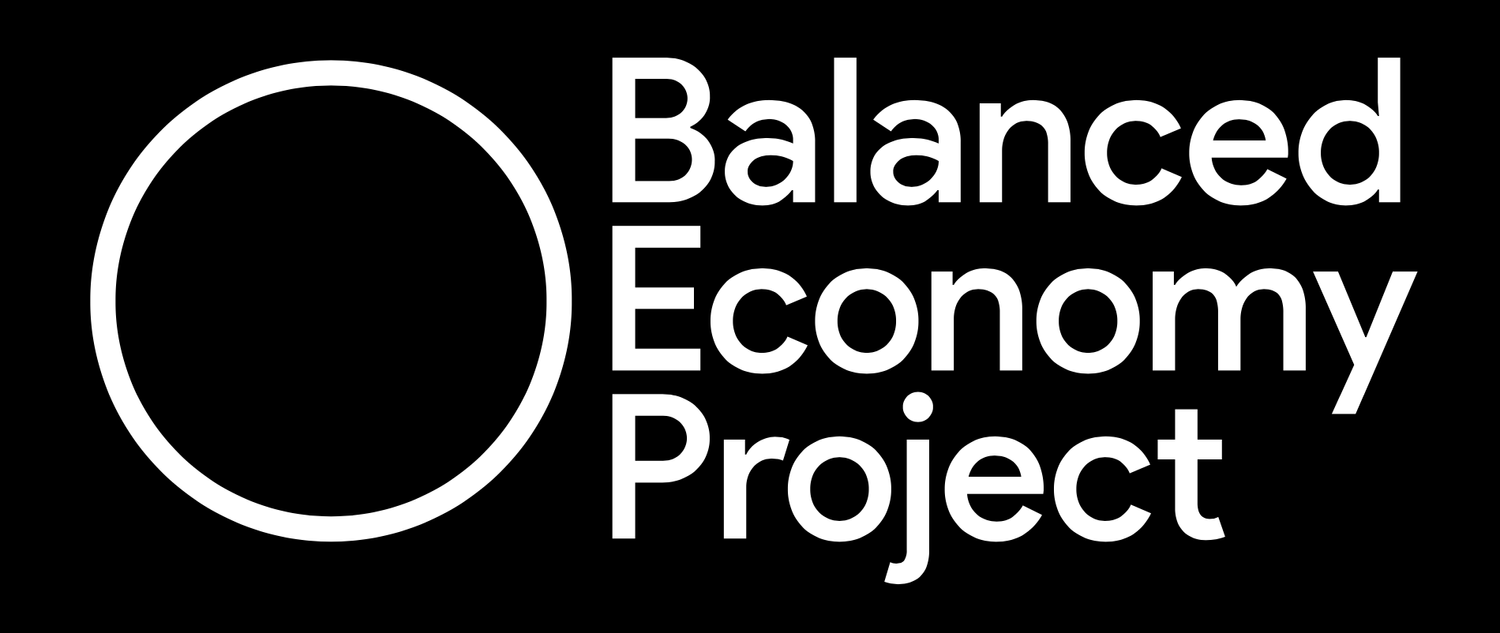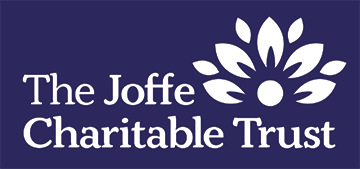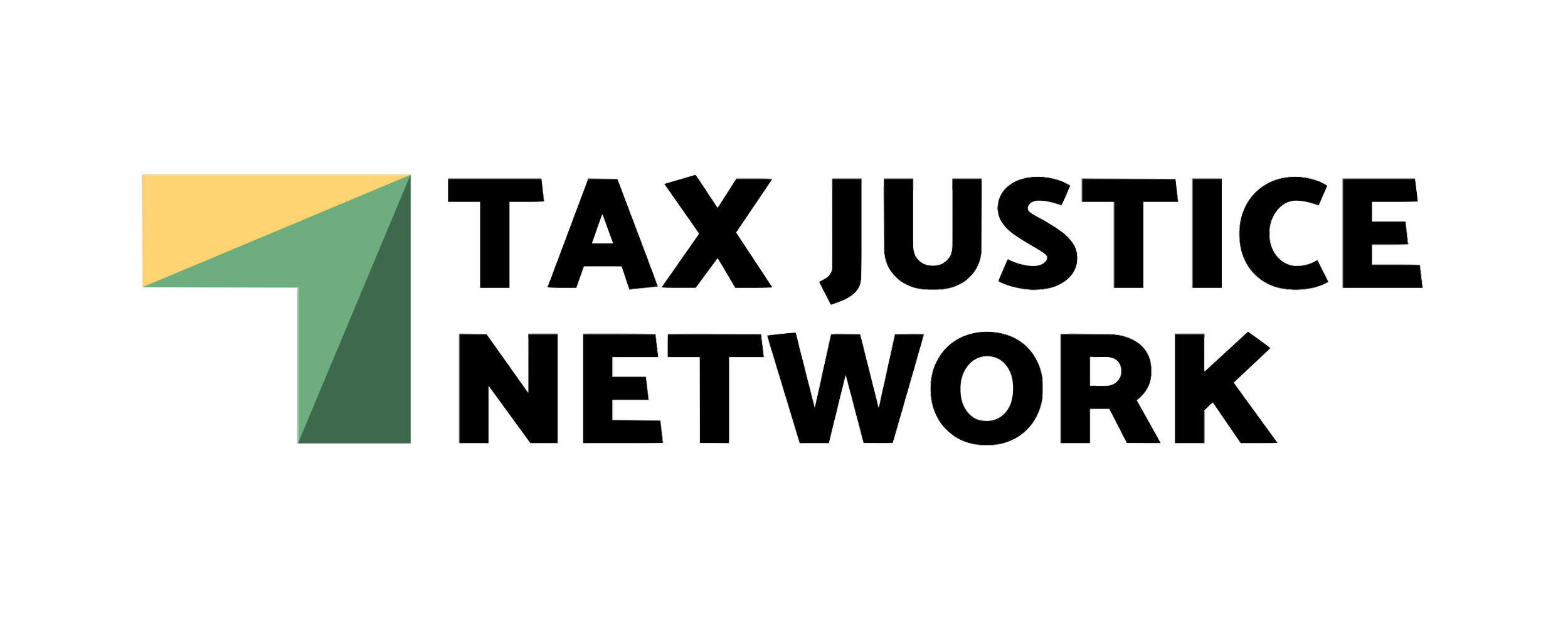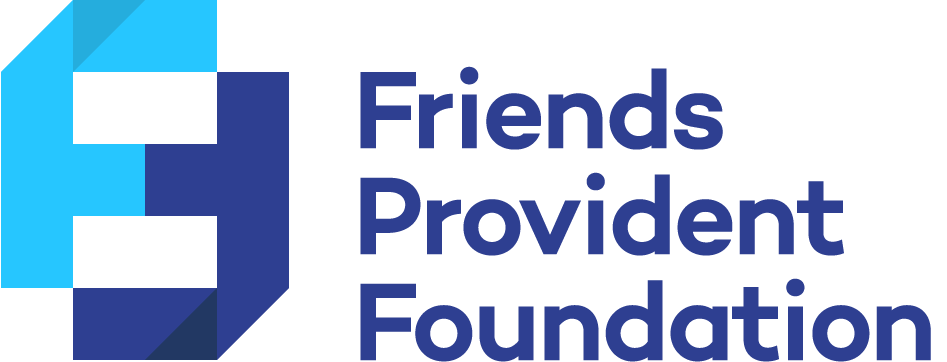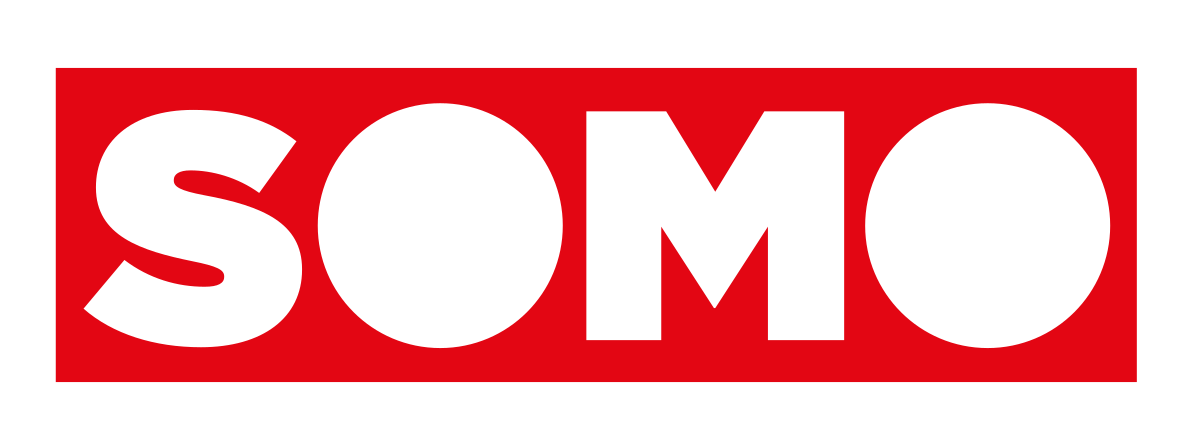We are a global organisation whose goal is to hold powerful corporations to account, and reclaim the ability of present and future generations to continually restructure our economies by collectively constraining corporate power.
What is a monopoly?
We use the word ‘monopoly’ to talk about market power. This power is not just economic, but political too. We avoid literal dictionary definitions of monopoly: they usually involve just one seller in a market, who can raise prices without anyone else undercutting them.
These rigid definitions blind us to two big things. First, you can have huge market power when there are several actors present. Amazon’s monopolistic power is immense, though it has many competitors. Amazon’s lobbyists can point to those competitors and say ‘look, no monopoly!’
Second, monopoly power doesn’t only affect sellers and their prices: it also hurts workers, citizens (with rights), taxpayers, small-business suppliers, and so on.
Dictionaries do offer ugly alternative words: for example, “monopsony” (a single buyer), oligopoly (a few sellers), or oligopsony (several buyers). We generally hate these terms and just use “monopoly,” as some regulators do, to mean excessive economic or market power.

Frequently asked questions
-
The financial sector has a special relationship with monopoly power. It is both heavily monopolised, but it also acts as a monopolising force in other parts of the economy. This article lays out the various interconnections. How finance drives monopoly power.
-
Yes, monopolies are generally more corrupt than firms in genuinely competitive markets. They corrupt politics, they corrupt academic research, and they corrupt markets, for several reasons.
First, in truly competitive markets surplus profits may be ‘competed away’ to the minimum required to stay in business, as any surplus attracts new competitors into the market, for example, perhaps offering lower prices. Firms need to spend surplus profits on investing to innovate, to stay ahead of competitors. Monopolists, by contrast, can raise prices or squeeze suppliers or workers with relative impunity, potentially making immense surplus profits, with less worry that competitors can outdo them.
This usually gives monopolits far more surplus funds to invest than firms in competitive markets, available for corrupt activities. A lawyer who launched a class action suit against Facebook/Meta in the U.K, explained how pervasive it is.
“When I went around after I raised money for this litigation, to get any economists to help me on this case, I could get none. Because they all worked for the defendant [Facebook]. Nobody wanted to work for the claimant, i.e. for me. Big tech goes around, and they give them all a little bit of money every year, so they are conflicted in anything. It was next to impossible to get anybody to help.” [Click 1:41:45]
(See also: Big Tech’s Web of Influence in the EU – LobbyControl / Corporate Europe Observatory.)
Second, if a monopolist spends money on lobbying or corruption, the fruits of that ‘political investment’ will accrue largely to the monopolist, depending on how dominant they are. A firm in a competitive market, by contrast, may not benefit at all from lobbying, as any additional profits may well be competed away.
So in terms of greasing the wheels of politics with lobbying, bribery, sponsoring think tanks, and so on, monopolists have both more ability, and more incentive, to be corrupt.
But there is a third reason why monopolies are more corrupt: they corrupt markets. This happens in many ways. For example, Amazon hosts sellers on its platform, but it also sells its own products in competition with them, while harvesting massive data from its competitors, which it can use against them. So it has a massive, corrupting conflict of interest when hosting other firms on its platform, which it exploits. This is just one example.
-
No. At least, it shouldn’t – but the current ideology of competition law does create problems.
First, enforcing competition laws prevents firms from colluding to suppress environmentally friendly innovations.
Second, removing the narrow constraints imposed by price-focused ideology could allow regulators to consider other types of harms, including environmental harms. (Ideally, such considerations would be built into up-front market structure rules, rather than used to justify an expanded role for speculative economics).
Some targeted changes to competition laws might be appropriate to facilitate truly beneficial cooperation between firms on environmental goals. However, we must tread cautiously. Firms are strongly incentivised to exaggerate how much they are actually constrained by existing laws, hide their own culpability in the problems they claim coordination will solve (e.g. is fashion industry waste a form of price fixing?), and exploit well-intentioned loopholes to collude in undesirable ways in addition to beneficial ways.
Read more: Tackling Monopoly Power and the Climate Crisis – Together.
Meet the Team
-

Luke Gibson
Policy and Advocacy Lead
Global policy and advocacy manager with over 10 years’ experience leading economic justice campaigns across Europe, Asia and Africa.
-
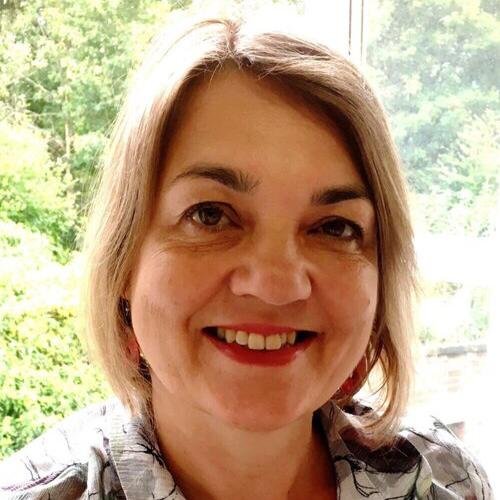
Claire Godfrey
Executive Director
Public policy specialist and campaign strategist with over 25 years’ experience working in international sustainable development. Senior Atlantic Fellow for Social and Economic Equity, hosted by the LSE’s International Inequalities Institute.
-

Hilary Jennings
Senior Fellow
Independent competition and regulation consultant with over 25 years’ experience of providing best practice advice to competition authorities and government departments, particularly in emerging economies, and working with the European Commission, the OECD and the World Bank. Previously held senior roles at the OECD and the UK’s Office of Fair Trading (now the CMA), as well as in the private sector.
-

Hannah Leyro Diaz
Finance & Operations Lead
Experienced not-for-profit specialist with over 12 years of national and international NGO experience.
-

Nicholas Shaxson
Director of Investigations and Co-founder
Writes on international finance, corruption and power. He has written for the Financial Times, New York Times, Guardian, Economist, Vanity Fair, Washington Post, and many others. Author of Poisoned Wells, Treasure Islands and The Finance Curse.
-

Meghna Abraham
Board Member
An international human rights lawyer and expert on economic, social and cultural rights who has led campaigns, investigations, and policy development to reform unjust economic policies and models for over twenty years. Formerly the Executive Director of the Center for Economic and Social Rights, she also worked for Amnesty International for more than a decade, including as the Director of Global Issues, Head of Economic, Social and Cultural Rights, and Senior Researcher on Corporate Crimes.
-
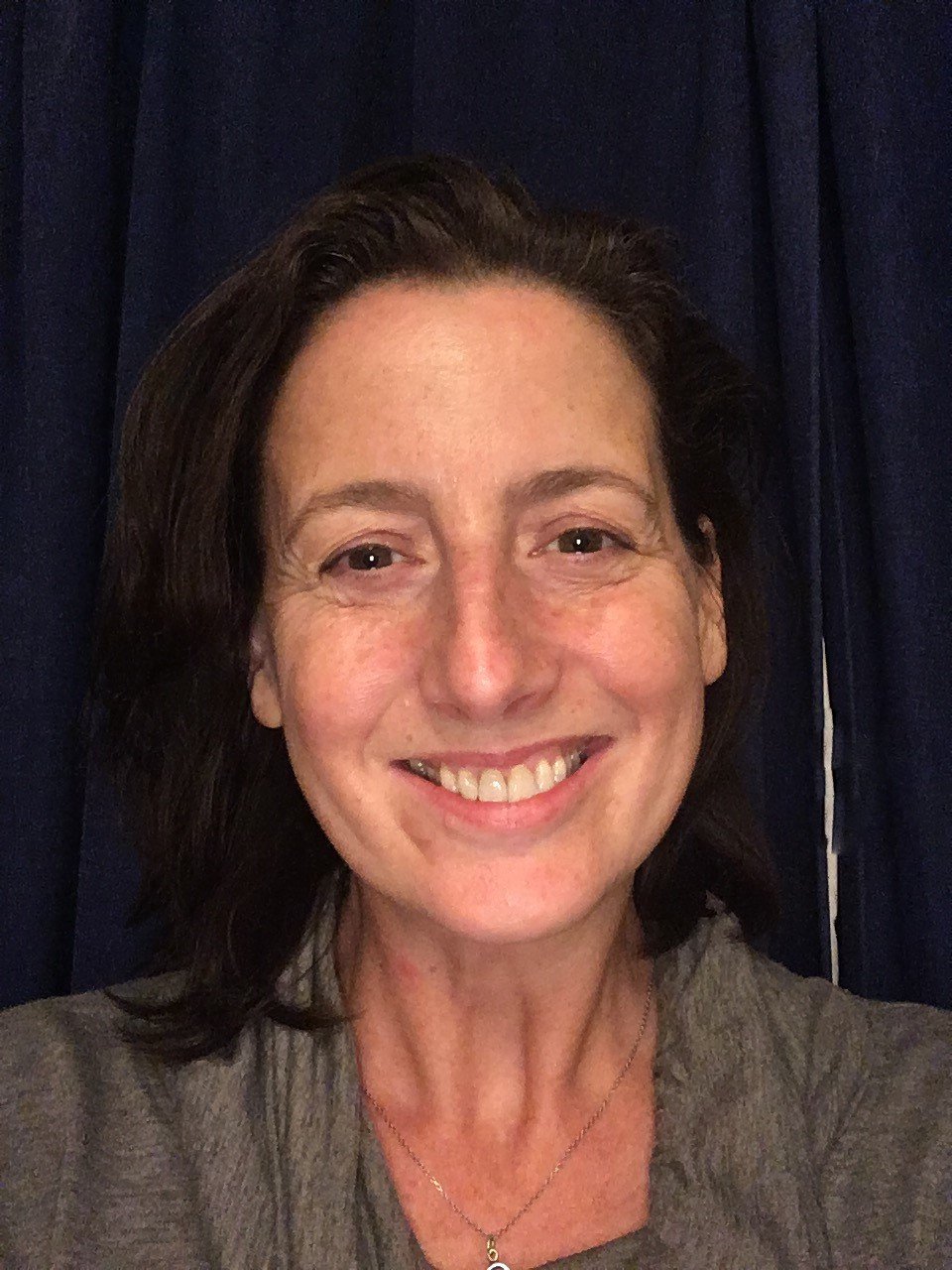
Audrey Gaughan
Chair
Currently Executive Director of the Centre for Research on Multinational Corporations (SOMO), based in Amsterdam. Originally trained as a journalist and now specialises in investigating the impacts and enablers of corporate power.
-

John Christensen
Board Member and Co-founder
Formerly headed the government economic advisory service of Jersey, he has also worked as a documentary maker, film reviewer, publisher, and political activist. Chair of Stamp Out Poverty and director of the Corporate Accountability Network. Founder member of the Governance Board of Tax Inspectors Without Borders and Co-founder of the Tax Justice Network.
-

Michelle Meagher
Board Member and Co-founder
A recovering competition lawyer who has worked in private practice, for regulators, and for international institutions. Senior Policy Fellow at UCL Centre for Law, Economics and Society. Author of Competition is Killing Us.
Our Funding
We accept funding from public-interest grantmaking bodies and individuals.
We do not accept grants or gifts from political parties or corporations.
We are grateful to all our supporters who choose to donate to our work.
You can find our annual accounts here.
